We’re excited to introduce you to the always interesting and insightful Molly Hill. We hope you’ll enjoy our conversation with Molly below.
Molly, appreciate you joining us today. Can you talk to us about how you learned to do what you do?
Learning the art of camera work and cinematography came in tandem with finishing out my final year at Georgia Tech. My way of making it through my college classes was to memorize, memorize, memorize– it mostly worked, but if an exam ever deviated too far from the original material, I was somewhat doomed because I didn’t truly understand the principles of what I had “learned”, and you can’t problem solve if you don’t truly understand the material from every angle. Learning cinematography was a completely different approach; instead of “how do I ace this exam?”, it was “how do I use the camera to replicate the image I have in my mind?”. I was no longer trying to memorize, but instead absorb as much information as I possibly could and then run out and try it out on a camera–put simply, there was fuel. I think I have forgotten the majority of the material I memorized (because I certainly didn’t learn it) in college, but the way I learned to use a camera was like learning to ride a bike– it became innate. I would not change the way I learned my craft in any way– I would not speed it up, I would not erase any mistakes, I do not even wish that I had gone to school for cinematography. I never force myself to learn something more about it– I wait for whatever vision comes to mind, and each of those visions is a little bit more fuel to continue learning more about cinematography. I don’t ever think the visions will stop, so I’ll spend the rest of my life learning.
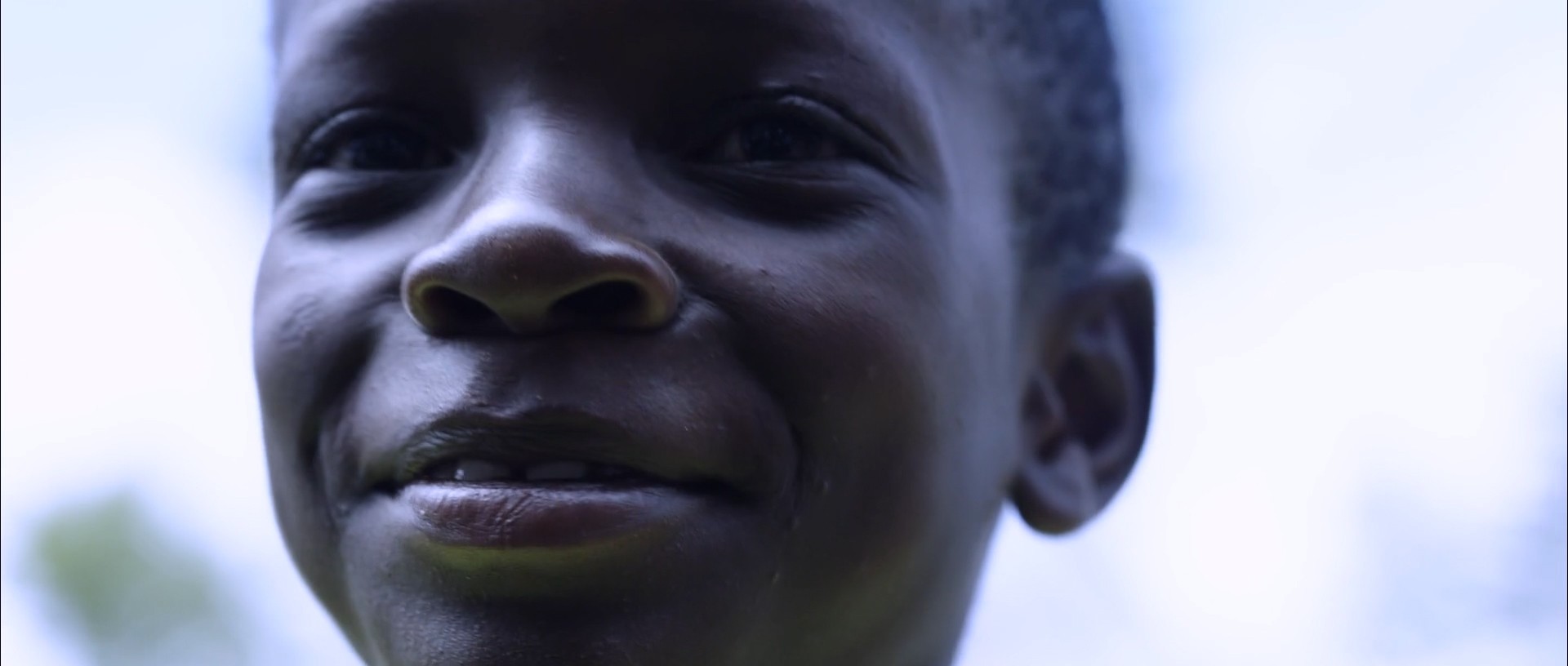
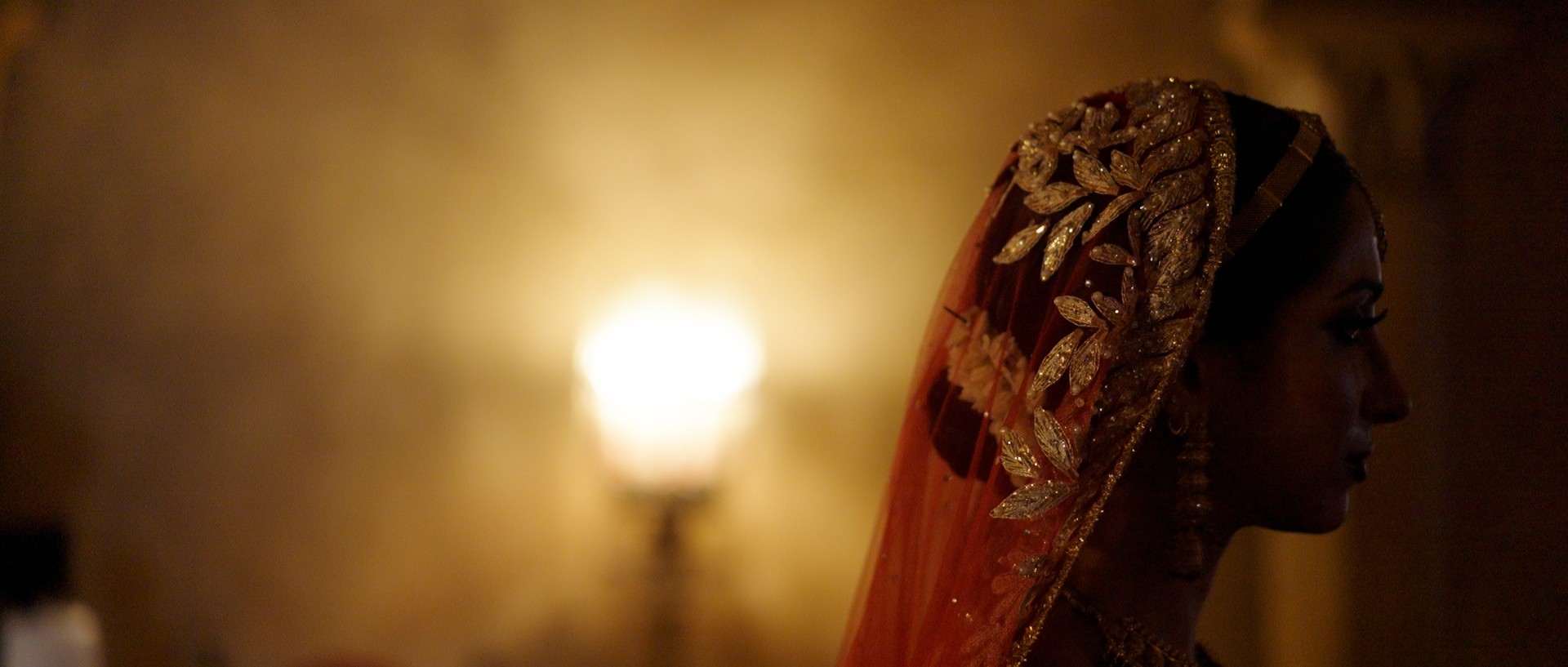
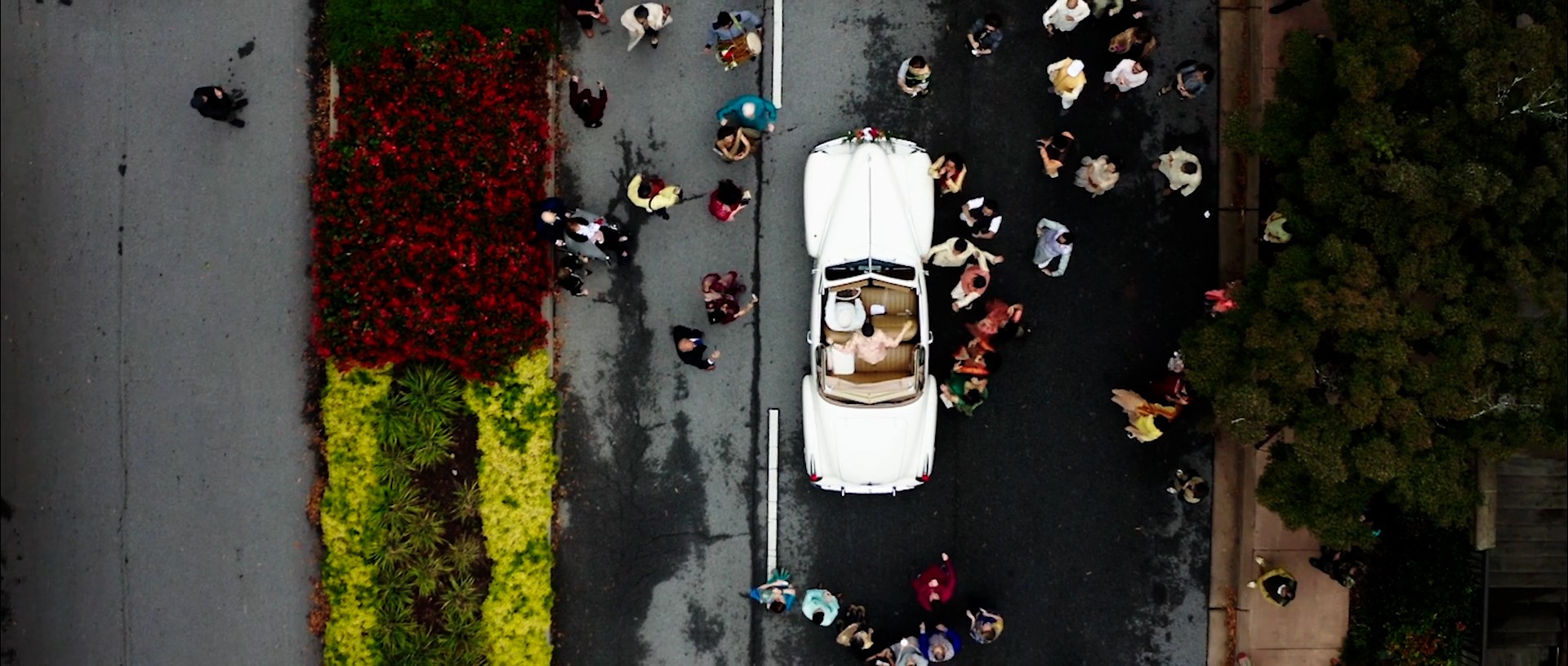
Molly, love having you share your insights with us. Before we ask you more questions, maybe you can take a moment to introduce yourself to our readers who might have missed our earlier conversations?
About 6 months before I graduated from college, I had what can only be called an “early quarter life crisis”. Will this career trajectory make me happy? Will I have time to do things I love outside of work? Will I be able to express myself creatively in corporate America? Will I survive in an intense, bureaucratic environment?
Probably not.
And I have a mentor to thank for that. He told me, “Molly, I am not sure what you will go on to do. But I do know, if you stay on this path, the fire you have will be put out”.
Somewhere in between that piece of wisdom and today, I chose to become a cinematographer. And I completely love what I do.
I love my job, not just because I get to express myself through my camera work, but because the subject of my work is constantly changing. One day I am in Uganda filming at a child development center, the next I am in a peach orchard in Northern California creating a documentary-short for the California Canning Peach Association. My mind is constantly stretched and nourished from the breadth of industries my job can take part in.
I don’t like things that are algorithmic or cookie cutter. I don’t like when efficiency or ROI are the most important elements of creating a film. Discovering authentic stories, leading with the heart, and wanting to have an impact are far more important to me. Grabbing someone’s attention because you made them feel something brings me the utmost joy. This is how I approach every project and the thrill of unveiling stories never tires me. Telling a story–whether it be of a brand, a person, or a company– is what I do best, and it’s easy to work really hard when you truly love doing something as much I love doing what I do.
I love working with kind people. I love working with people who want to make a change. I love listening to people who are so inspired it pours out in energetic and whimsical conversations.
I also love the color pink, cups of Yorkshire tea (made best by my Mum), and when it’s really bitterly cold out, but you can still feel the heat from the Sun. Oh, and the sound of snow my just be my favorite, favorite thing.
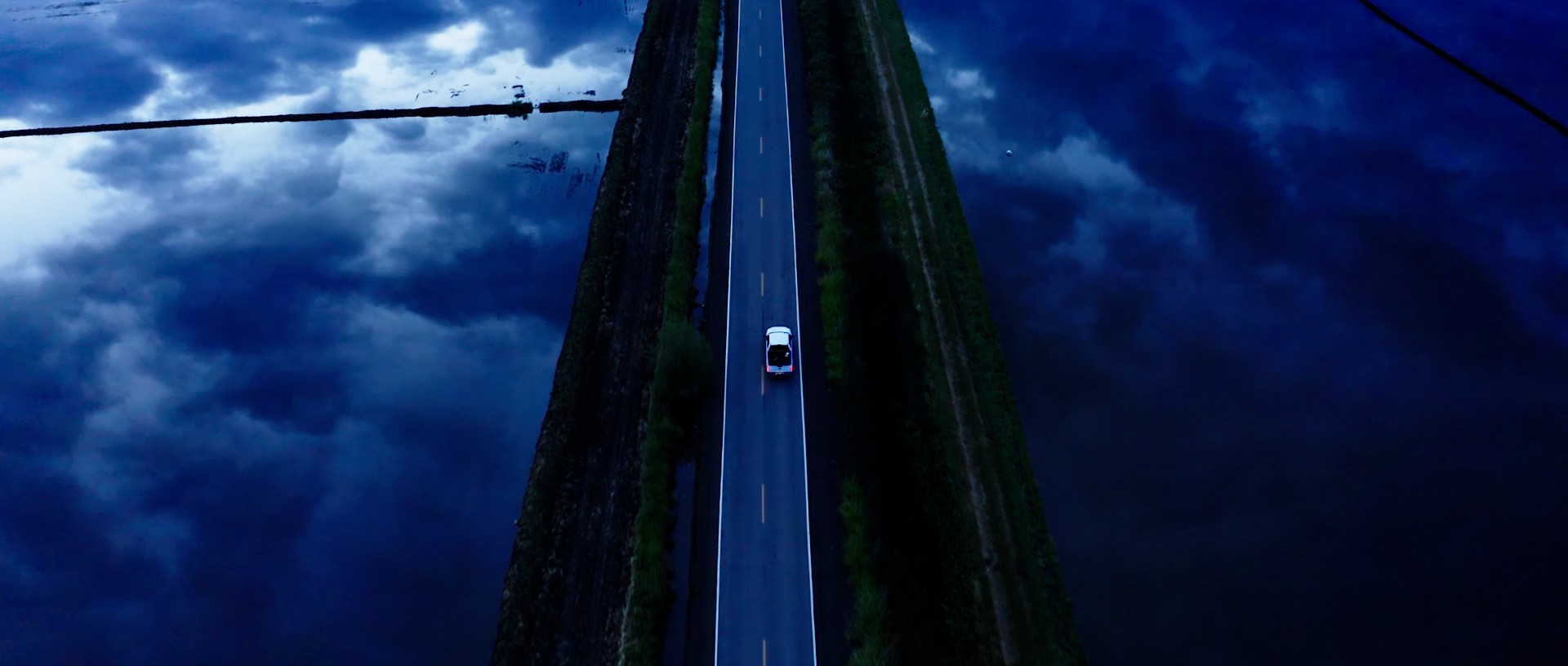
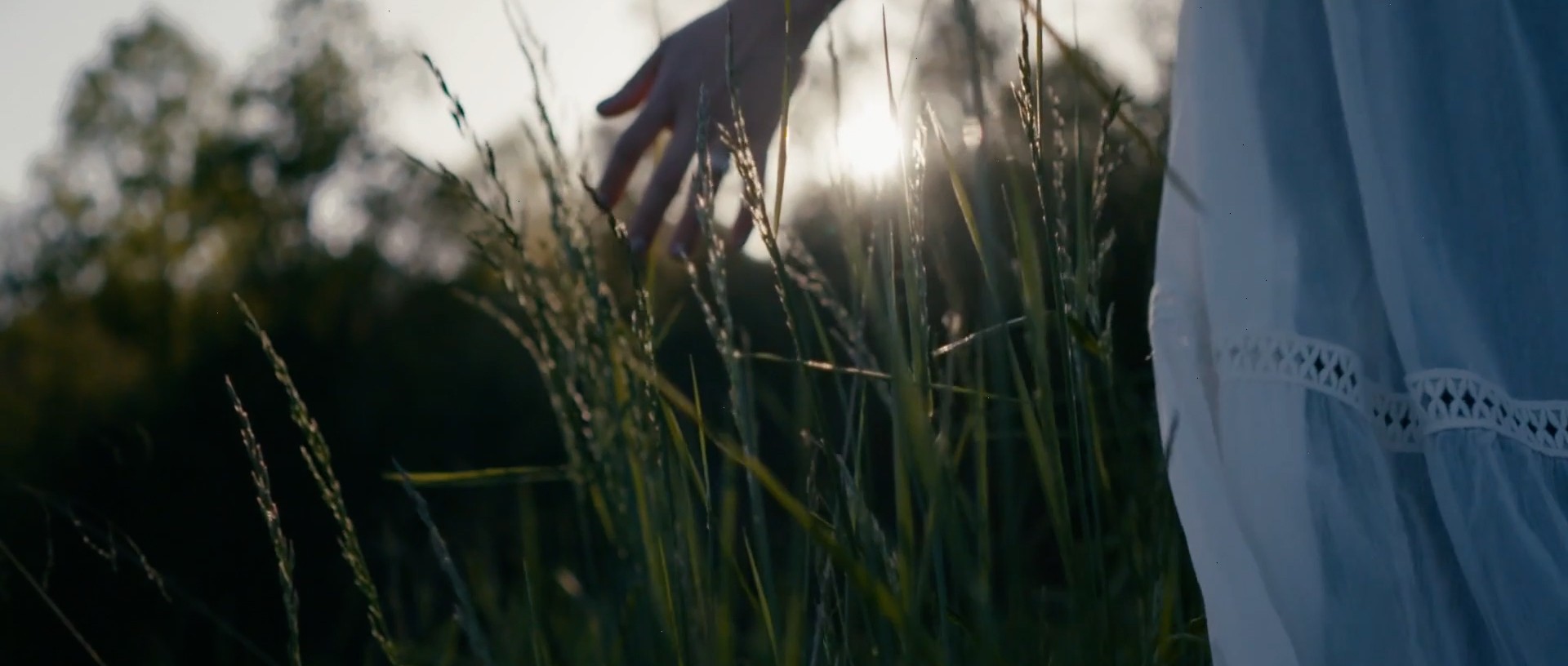
Have any books or other resources had a big impact on you?
Benjamin Franklin said, “Don’t put off for tomorrow what can be done today”. Basically, don’t procrastinate. This has helped me enormously, and the more I keep on top of things, the less things become urgent, and then I am almost never stressed.
The book, “The Subtle Art of Not Giving a F*&#” helped me TREMENDOUSLY. I think that book truly helped me care less about things that don’t matter and care more about things that do– and to not feel guilty about it!
Is there something you think non-creatives will struggle to understand about your journey as a creative?
If you are not an artist that’s ok. But something that can be hard for me is when someone doesn’t see the point of something if it is not associated with a monetary metric, bottom line, or return on investment. What’s the point of making a film for someone to watch? Or writing a song? Or a book?
What if only ONE person sees the film, or listens to the song, or reads the book, and they go on to make positive decisions in their life because of what they saw, or heard, or read? Isn’t that worth it? I sure think so.
Contact Info:
- Website: https://www.molly-victoria.com
- Instagram: https://www.instagram.com/mollyvictoria.cinematography/
- Linkedin: https://www.linkedin.com/in/molly-hill-66b319a5/
- Other: Vimeo: https://vimeo.com/user69709497
Image Credits
Picture of me with camera, Kelsey Butcher Photo


